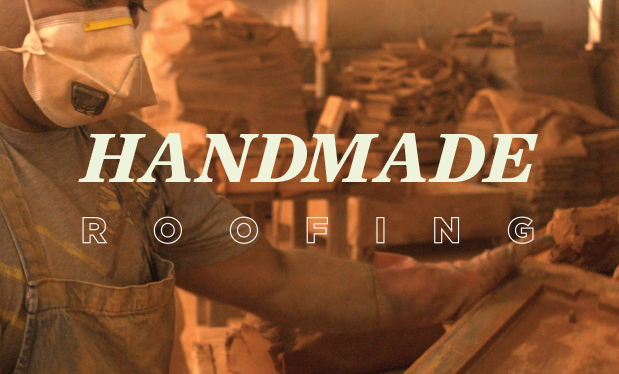At press time, economic signals are flashing bright red. Manufacturing output has slowed down, and service-related businesses are showing a startling drop off. During the first few days of October, the S&P 500 had fallen nearly 3%.
The service sector, which is a larger part of the economy than manufacturing, cites two key reasons for the slowdown: uncertainty in trade, specifically the drain tariffs are causing, and the difficulty with finding additional labor.
The roofing industry has had a chronic labor shortage for years. In some markets, this has lasted for more than a decade. The problem is easy to identify, but the solutions are much harder to determine. Construction work always has been difficult and physically demanding. Even with automation and the advent of new technologies that make products lighter and easier to install, we still have a difficult time recruiting workers to the industry. Roofing is not unique in that regard.
Recently, while attending the NRCA Legal Resource Center conference in New York, a contractor mentioned to me a “good” recession will solve the problem. A recession may well be coming, and some economic indicators point in that direction, but I disagree it will solve the problem.
A recession exacerbates a labor shortage. During a recession, roofing workers typically are laid off. Although roofing company owners believe it’s going to be temporary, the workers see it much differently. They still have bills to pay and families to care for, so they look for other work and often leave the industry entirely. This makes the overall labor pool smaller, and as the economy recovers, finding workers becomes even more difficult. The longer the recovery, the more difficult the problem. That’s where we are now. Most roofing contractors would hire someone today if the right candidate would apply. Yet we have a problem that is more than an economic one. It is sociological.
Let’s face it: Many parents (some might say all parents) don’t want their children becoming roofing workers. This is true for a number of reasons.
First, even though the roofing industry’s safety record is improving, we are fighting a perception the work isn’t safe. Why? To an untrained novice, it appears roofing must be unsafe. Workers have to climb ladders and carry heavy materials. They have to work at heights, and that makes moms and dads nervous.
Next, the job isn’t prestigious. Parents would rather brag about the expensive university they sent their kids to then say: “My kid works for a roofing company.” As if having a high-paying job in an established trade is a bad thing.
Finally, many consumers have a negative feeling about the trustworthiness of roofing contractors in general. There are enough consumer complaints, roofing fires and high-profile accidents that make the news to give people pause regarding the industry. Yet while we know these things happen, they are rare, and the industry is a lot more professional than many consumers believe. Most roofing companies go about their business each day without a safety or quality control incident.
So how do we fix this? NRCA has been hard at work to elevate the industry and increase public awareness. We completed a roofing curriculum for asphalt shingle and thermoplastic roof system applications. We will continue to build more curricula, including EPDM and bituminous systems as well as metal roofing, tile roofing and slate. And all curricula will be available in English and Spanish. We believe if we can improve workers’ skills, we can improve the industry’s reputation.
We also have launched NRCA ProCertification.™ Trained and skilled roofing workers can earn professional third-party certifications from NRCA. Currently, we offer professional certifications for foremen and thermoplastic membrane and asphalt shingle roof system installers with more on the way. As we build a national system of professional certified workers, we not only build a sustainable workforce but also can communicate to consumers how to find the best roofing workers in their communities. Let’s face it: If we can change the consumer experience to a more positive one, we can change the entire perception of who we are.
Will it take time? Yes. But that will be time well spent.
Reid Ribble is NRCA's CEO.
@NRCA_CEO
This column is part of News + Views. Click here to read additional stories from this section.



